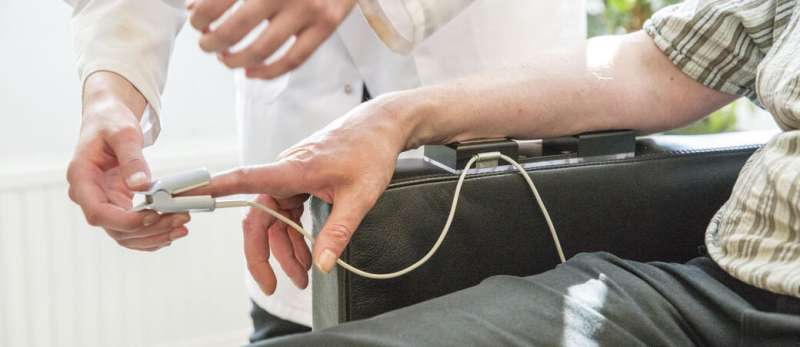
The MASSE project, led by Aalto University, has created the design principles for a system that will improve the efficiency of care, especially for chronic and multimorbid patients who use health care services the most.
People with multimorbidity and chronic diseases account for around 10% of all patients, but they consume 80% of health care resources. Good care requires coordination between specialists, collection of patient data, management of appointments and monitoring of the balance of medicines. With so many care providers, the patient journey is often fragmented and inefficient with current digital tools.
Paul Lillrank is the scientific leader of the MASSE project, which uses technology to solve the problem. Researchers in the project have created the design principles for a virtual care operator, which brings together the data that is essential to a patient’s care on a single platform and uses it to monitor the patient’s progress, support the coordination of doctor and nurse appointments and collect feedback from the patient.
“At the heart of the system is a customized, updatable patient card for each patient, which brings together information from different databases about the patient’s care in one place,” says Lillrank.
A tailored view of the patient’s situation
With a patient card, all parties involved in the care of a patient would have access to the same up-to-date information on the patient’s situation. This will allow monitoring of the implementation of care plans. Each care provider could also have a view of the patient’s situation tailored to their needs.
The focus would be on goals set by the patient, for example to improve mobility or reduce medication, which would be visible to all those involved in the care. The platform would integrate devices, therapies and digital patient journeys developed by companies in addition to public service providers. A shared, cross-organizational view of patient journeys will support the monitoring of care and the coordination of different services.
The virtual care operator also includes a platform called the service card, which provides health care professionals and clients with up-to-date information on available services.
“Patients with multiple problems need many different services, but the information and tools available to coordinate these services are inadequate. The service card helps to address this,” says Paulus Torkki, Associate Professor and Project Director for MASSE at the University of Helsinki.
Personalized care with mass production efficiency
The development of care for people with multimorbidity and chronic diseases is key to addressing the resource challenge in Finland’s health care system.
A virtual care operator would reduce the disruptions that occur in complex patient populations, such as data gaps in treatment follow-up. This would allow good care to be delivered with fewer resources and less effort.
“With a virtual care operator, personalized care for the chronic patient would be feasible with mass production efficiency. By seeing everything relevant on one screen, doctors can spend less time poring over information and more time listening to the patient,” says Paul Lillrank.
Toward prototypes
In the two-year MASSE project, researchers have produced design principles for a care management system, outlined an IT solution to support patient and service cards, and sketched out a business and revenue model.
Source: Read Full Article
